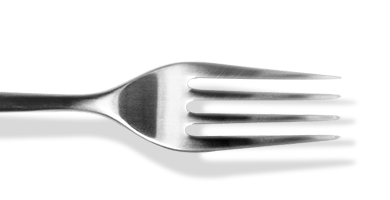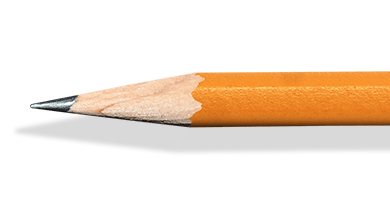Food ServiceResources


- Topics 1519
- Industrial 57
- Troubleshooting Guides 32
- Restaurant Management 142
- Bar Management 66
- Catering Tips 41
- Bakery Management 47
- Food Trucks & Concessions 44
- Advertising & Marketing 40
- Eco-Friendly Tips 11
- Facility Layout & Design 49
- Coffee Shop Tips 31
- Installation & Maintenance 58
- Janitorial & Pest Control 33
- Safety & Sanitation 110
- Startup Tips 111
- Menu Design 11
- Kitchen & Cooking Tips 104
- Hospitality Management 24
- Pizza & Sandwich Shop Tips 28
- Smallwares 39
- Food Prep 101
- Tabletop Items 20
- Disposables 26
- Calculators & Tools 8
- Consumables 71
- Warewashing & Laundry 22
- Cooking Equipment 95
- Food Storage & Refrigeration 54
- Beverage Equipment 39
- Office Supplies 5
Recently Published
Recent Blog PostsView Blogs
Restaurant ManagementView More
Restaurant Management
•Nov 26, 2024
Calculating and Reducing Restaurant Labor Costs
Restaurant Management
How Much Does It Cost to Start a Restaurant?
Aug 27, 2024
Restaurant Management
Restaurant Work Culture Explained
Mar 13, 2025
Restaurant Management
How to Reduce Food Costs In Your Restaurant
Nov 5, 2025
Restaurant Management
Overhead Cost for Small Businesses
Mar 6, 2024
Coffee Shop TipsView More
Bar ManagementView More
Eco-Friendly TipsView More
Eco-Friendly Tips
Green Disposable Dinnerware Guide
Jan 14, 2026
Eco-Friendly Tips
Sustainable Seafood for Restaurants
Jan 7, 2026
Eco-Friendly Tips
Restaurant Food Waste Solutions
Dec 4, 2025
Eco-Friendly Tips
Restaurant Composting
Nov 5, 2025
Eco-Friendly Tips
Water Saving Tips For Restaurants
Sep 17, 2025
Eco-Friendly Tips
Types of Eco-Friendly Food Packaging
May 9, 2025
Catering TipsView More
IndustrialView More
Industrial
How to Set Up a Warehouse
Aug 1, 2024
Janitorial & Pest Control
Types of Casters
Jan 14, 2026
Industrial
Generator Buying Guide
Jan 9, 2025
Cooking Equipment
How to Use a Fire Extinguisher
Apr 24, 2025
Industrial
How to Install Casters on a Work Table
Oct 15, 2025
Industrial
Emergency Supplies List For Businesses
Nov 1, 2023
Join Our Mailing List
Receive coupon codes and more right to your inbox.

